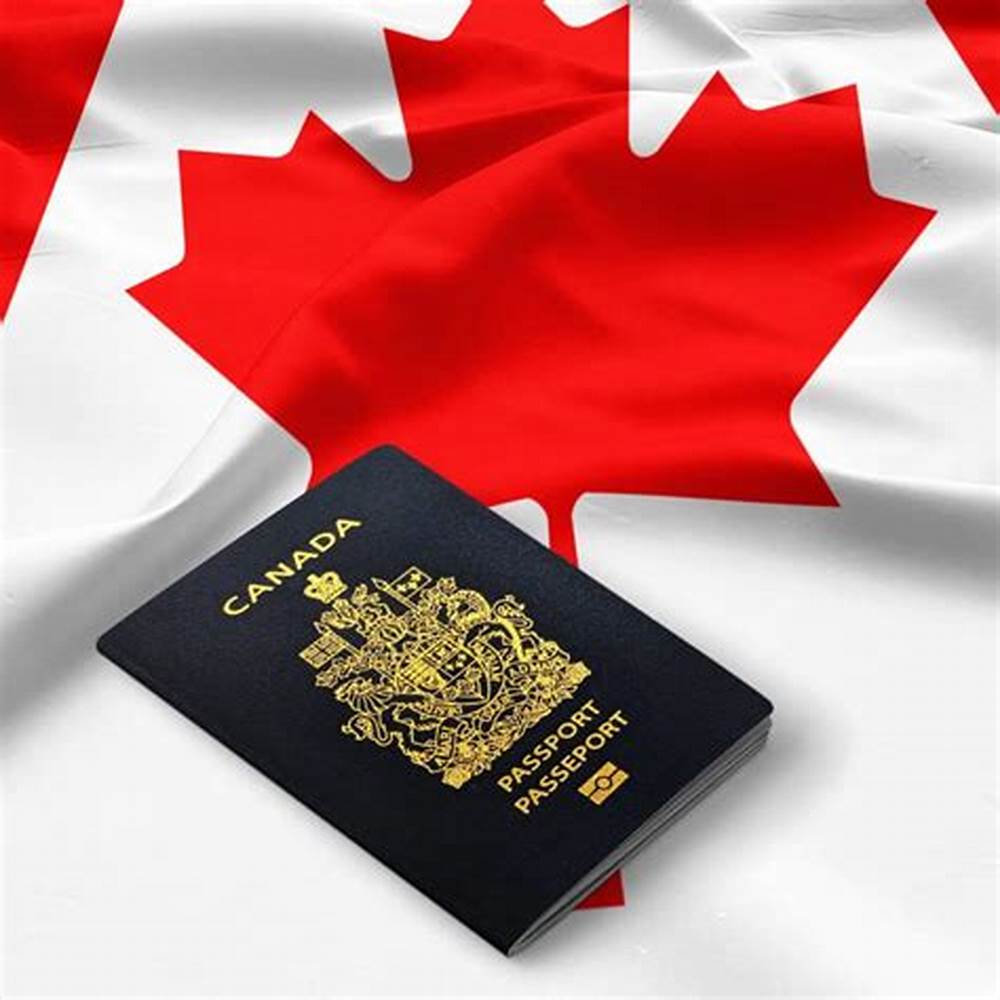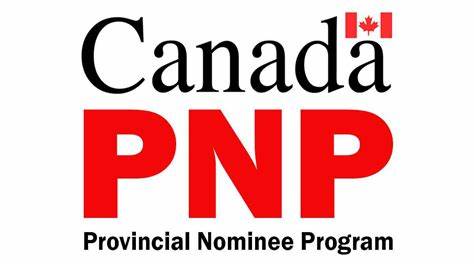LMIA-Approved Jobs in Canada with Visa Sponsorship: One of the most effective pathways to working in Canada is through LMIA-approved jobs with visa sponsorship.
Understanding what LMIA means and how it works is crucial for job seekers looking to secure employment in Canada while ensuring compliance with immigration policies.
In this article, we’ll explore LMIA-approved jobs, the LMIA process, and how to find opportunities that offer visa sponsorship.
What is LMIA?
A Labour Market Impact Assessment (LMIA) is a document that Canadian employers may need to obtain before hiring a foreign worker.
An LMIA provides evidence that there are no Canadian citizens or permanent residents available to fill the job position. In essence, it confirms that hiring a foreign worker will not negatively impact the Canadian job market.
Types of LMIA
There are two main types of LMIA:
- High-Wage LMIA: This type is for positions that pay above the provincial or territorial median wage. Employers applying for a high-wage LMIA must pay the foreign worker at least the prevailing wage for the position.
- Low-Wage LMIA: This is for positions that pay below the provincial or territorial median wage. The process involves additional compliance measures to ensure that hiring a foreign worker does not adversely affect the job market.
The LMIA Process
Step 1: Job Offer
The process begins with the employer offering a job to a foreign worker. The job must be full-time and permanent, and the employer must ensure that the position meets the LMIA requirements.
Step 2: LMIA Application
The employer submits an LMIA application to Employment and Social Development Canada (ESDC). This application includes details about the job, recruitment efforts to find a Canadian citizen or permanent resident, and the wages offered.
Step 3: ESDC Review
ESDC reviews the application to ensure that hiring foreign workers will not negatively impact the Canadian labour market. This review includes assessing the employer’s recruitment efforts and the job’s wage level.
Step 4: LMIA Decision
If the application is approved, the employer receives a positive LMIA, allowing them to hire the foreign worker. If denied, the employer may appeal the decision or make necessary changes to reapply.
Step 5: Work Permit Application
Once the employer has a positive LMIA, the foreign worker can apply for a work permit. The work permit grants legal permission to work in Canada for the specified employer and duration.
Benefits of LMIA-Approved Jobs
1. Job Security
LMIA-approved jobs often come with a higher degree of job security as they are tied to employers who have demonstrated a genuine need for foreign workers.
2. Pathway to Permanent Residency
Many LMIA-approved work permits can lead to permanent residency. Workers can gain valuable Canadian work experience, which is a significant factor in the immigration process.
3. Competitive Salaries
Employers hiring foreign workers are typically required to pay competitive wages, making these positions attractive for job seekers.
4. Access to Benefits
Many employers offering LMIA-approved jobs also provide benefits such as health insurance, paid time off, and retirement plans, enhancing the overall compensation package.
How to Find LMIA-Approved Jobs
1. Job Portals
Several online job portals specialise in LMIA-approved positions. Websites such as Job Bank, Indeed, and Glassdoor often list job openings that provide visa sponsorship.
2. Networking
Connecting with professionals in your industry through LinkedIn or local networking events can lead to job opportunities. Many employers prefer referrals from trusted sources.
3. Recruitment Agencies
There are recruitment agencies in Canada that specialise in matching foreign workers with employers seeking LMIA-approved candidates. These agencies can guide you through the job search process.
4. Company Websites
Many companies post job openings directly on their websites. Researching companies known for hiring international workers can yield great results.
Popular LMIA-Approved Job Sectors
1. Information Technology
The tech industry in Canada is thriving, with a high demand for software developers, data analysts, and IT project managers. Many tech companies are willing to sponsor work visas for skilled professionals.
2. Healthcare
Healthcare professionals, including nurses, medical technicians, and carers, are in high demand. Canada’s ageing population has created a significant need for healthcare services.
3. Engineering
Engineers are sought after in various sectors, including civil, mechanical, and electrical engineering. Canadian companies often look for specialised skills that are in short supply domestically.
4. Hospitality
The hospitality industry is another sector where LMIA-approved jobs are common. Positions in hotels, restaurants, and tourism often offer sponsorship opportunities.
5. Construction
With ongoing infrastructure projects across Canada, there is a demand for skilled labourers, including carpenters, electricians, and plumbers.
FAQs
1. What does LMIA stand for?
LMIA stands for Labour Market Impact Assessment. It is a document that Canadian employers may need to obtain before hiring a foreign worker.
2. Why do employers need an LMIA?
Employers need an LMIA to demonstrate that hiring a foreign worker will not negatively impact the Canadian job market and that there are no qualified Canadian citizens or permanent residents available for the position.
3. How long does the LMIA process take?
The LMIA process can take several weeks to months, depending on various factors, including the completeness of the application and the current workload of Employment and Social Development Canada (ESDC).
4. What types of jobs typically require an LMIA?
Many types of jobs may require an LMIA, especially those in high-demand sectors such as information technology, healthcare, engineering, hospitality, and construction.
5. Can I work in Canada without an LMIA?
Yes, some programs allow foreign workers to work in Canada without an LMIA, such as certain federal and provincial programs, or if you’re part of international agreements like NAFTA or GATS.
6. How do I find LMIA-approved job opportunities?
You can find LMIA-approved job opportunities through job portals like Job Bank, Indeed, and Glassdoor; by networking on platforms like LinkedIn; or by working with recruitment agencies that specialise in foreign worker placements.
7. What are the benefits of LMIA-approved jobs?
Benefits include job security, competitive salaries, access to health benefits, and the potential pathway to permanent residency in Canada.
8. Can I apply for permanent residency with an LMIA-approved job?
Yes, many LMIA-approved work permits can lead to permanent residency, especially if you gain Canadian work experience while employed.
9. What happens if my LMIA application is denied?
If your LMIA application is denied, the employer can appeal the decision, address any deficiencies, or reapply with a more robust application.
10. How can I prepare for the LMIA application process?
To prepare for the LMIA application process, ensure that the job offer is genuine, gather necessary documentation, and demonstrate that the employer has made adequate efforts to recruit Canadians for the position.
Conclusion
Finding LMIA-approved jobs in Canada with visa sponsorship can open doors to a prosperous future for international workers.
Understanding the LMIA process and knowing where to look for job opportunities can significantly enhance your chances of securing employment in Canada.
By pursuing LMIA-approved positions, you can not only gain valuable experience but also pave the way for permanent residency in one of the world’s most welcoming countries.



